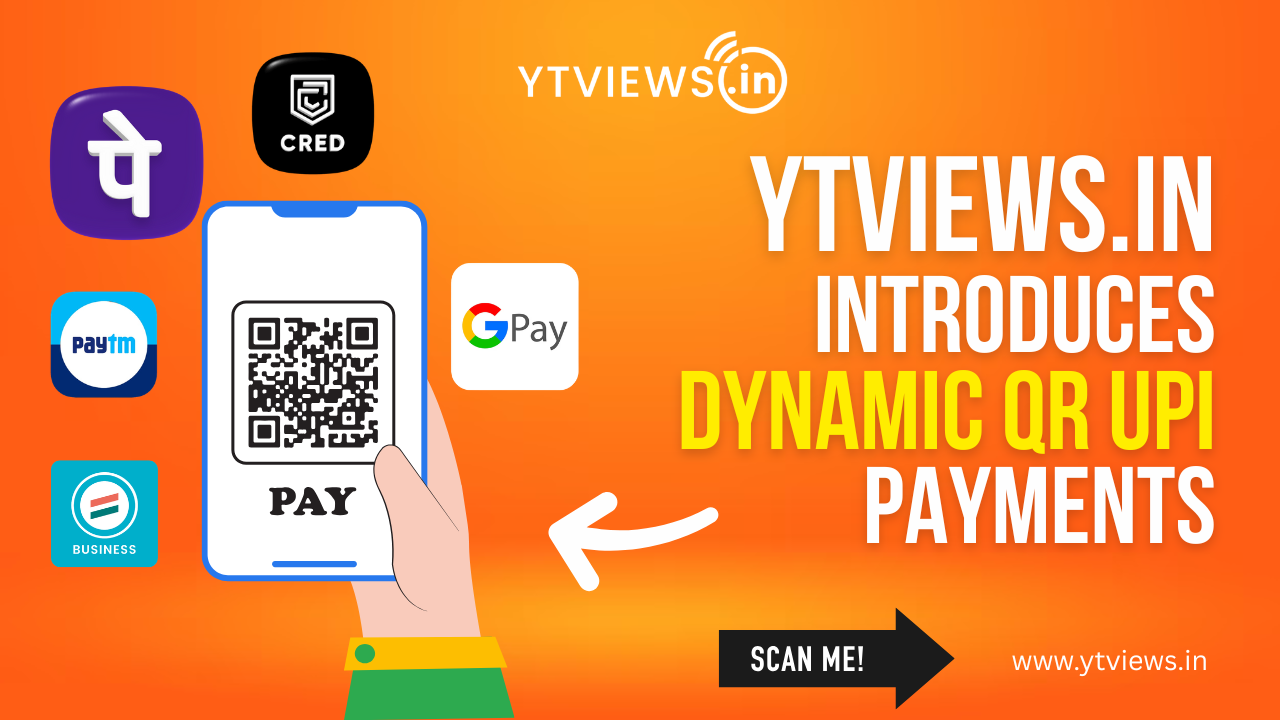Web 3.0 is here – Here’s everything you need to know
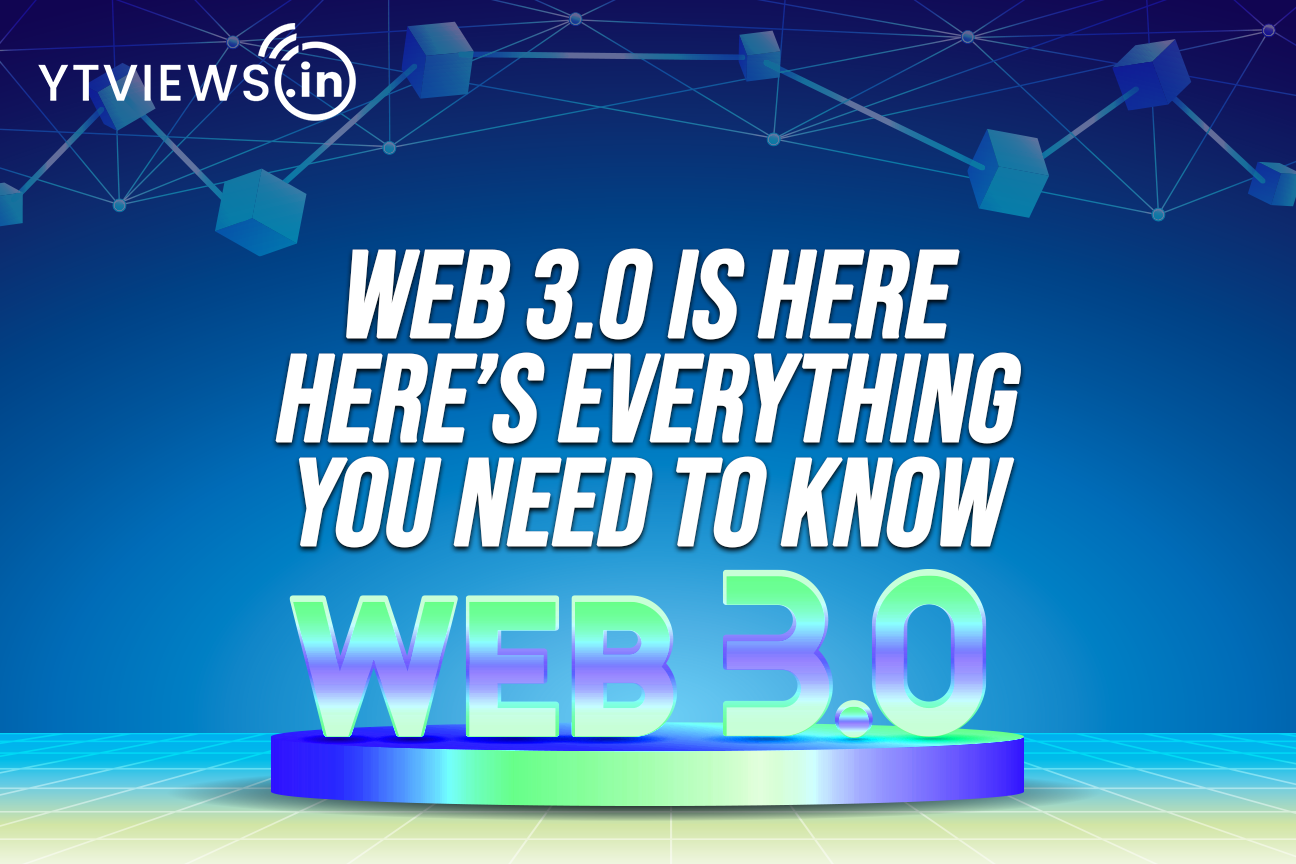 Consider a new kind of internet that not only precisely translates what you type, but also recognizes what you say, be it through text, voice, or any other medium, and where all of the data you access is more personalised than ever before. We’re on the verge of a new era in the progression of the internet. It’s been dubbed Web 3.0 by some early adopters.
Consider a new kind of internet that not only precisely translates what you type, but also recognizes what you say, be it through text, voice, or any other medium, and where all of the data you access is more personalised than ever before. We’re on the verge of a new era in the progression of the internet. It’s been dubbed Web 3.0 by some early adopters.
There is a handful of early-stage Web 3.0 applications that operate currently, but their true capability cannot be seen until the new internet is completely incorporated into the web grid.
But, specifically, what is Web 3.0, how will it operate, and how will it affect our lives?
The new generation of Internet
Currently, five major tech corporations, mainly Twitter, Facebook (now Meta), Google, Apple, Microsoft, and Amazon, have to control over how our data is used and preserved. Their algorithms determine what content we ingest, which has raised concerns.
Web 3.0 is already being hailed as a revolution that will steal sovereignty of the internet from the five major tech giants, thanks to its crypto, blockchain, and metaverse use cases. Rather than our data being held by centralised organisations today, Web 3.0 envisions it being held by blockchain networks and hence controlled by users.
Crypto, Crypto, Crypto!
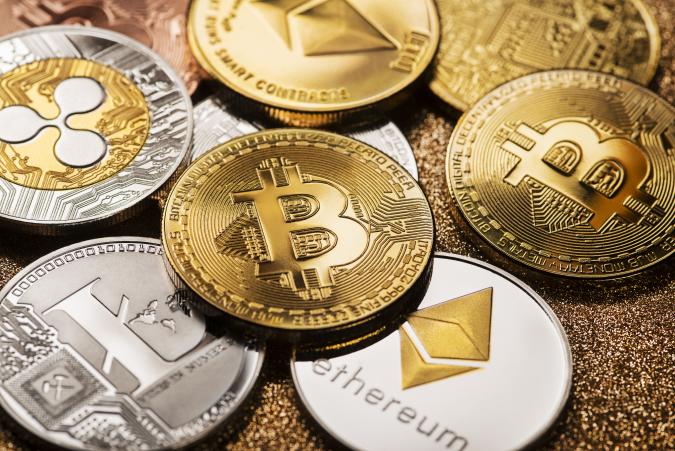
We’re back to crypto now, aren’t we? Most of us stray from the issue at hand among the raging global polarities and regulatory concerns. The subject revolves around the fundamental concept of the famous ‘Crypto’ technology. While the majority of the world’s population is preoccupied with new methods to invest, crypto and blockchain must first be viewed as cornerstones of something larger, namely Web 3.0.
How are Web 3.0, Blockchain and Crypto linked?
To clarify, both Web 3.0 and blockchain aspire for openness and transparency. But the analogies don’t end there. The goal of blockchain, as we know it, is to preserve the insights grouped as blocks, with cryptographic hashes entrusted to keep them unchangeable and secure.
If Web 3.0 becomes a reality, which in essence, is destined to become, everyone will have exposure to resources, apps, content, and agreements, as long as the cryptographic keys are in place. There will be a wave of decentralisation initiatives.
To begin with, with blockchain paving the way for a more “democratic” internet, it would be up to decentralised apps and smart contracts to automate specific tasks. That’s where the big cryptocurrency players come in. Crypto players who offer the greatest technology to participate in the Web 3.0 ecosystem will attract a lot of emphasis in the future.
Metaverse is the biggest medium
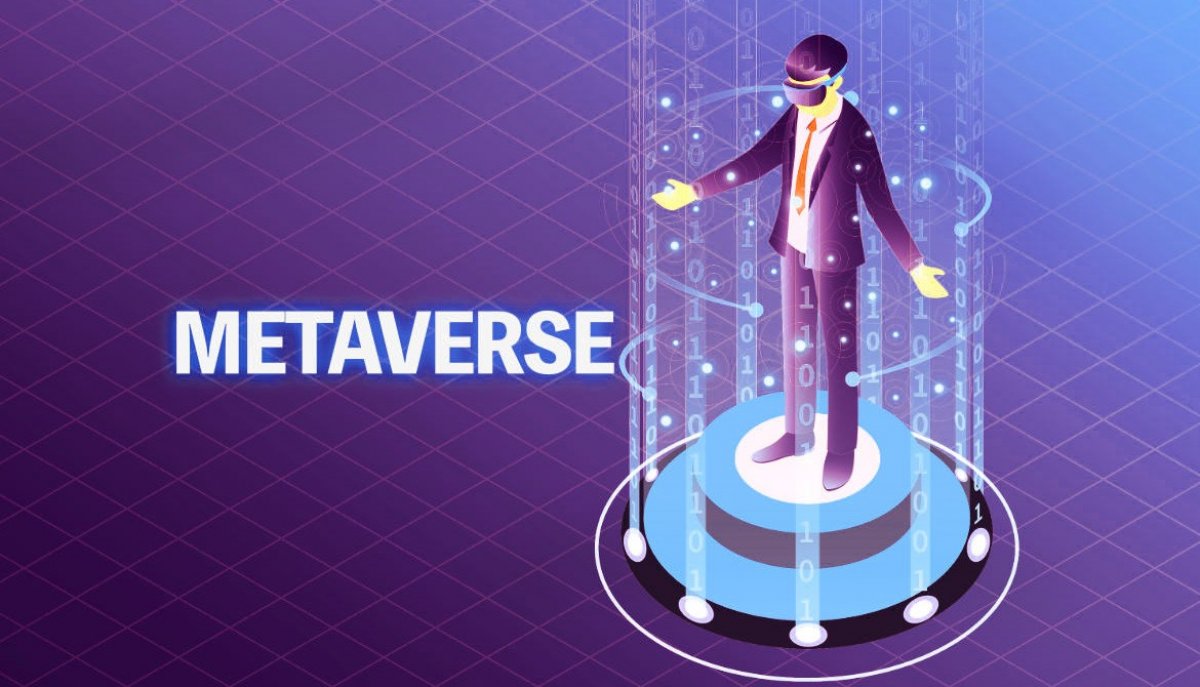
Companies and groups are investing millions of dollars to purchase land that only resides inside these virtual realms. Now you can imagine the mania surrounding metaverse. However, it is a sound business decision. Because you’ll need land here for marketing and gatherings in the future when people wear their VR headsets and convene within these virtual worlds for social gatherings, music concerts, and art auctions.
Related Posts
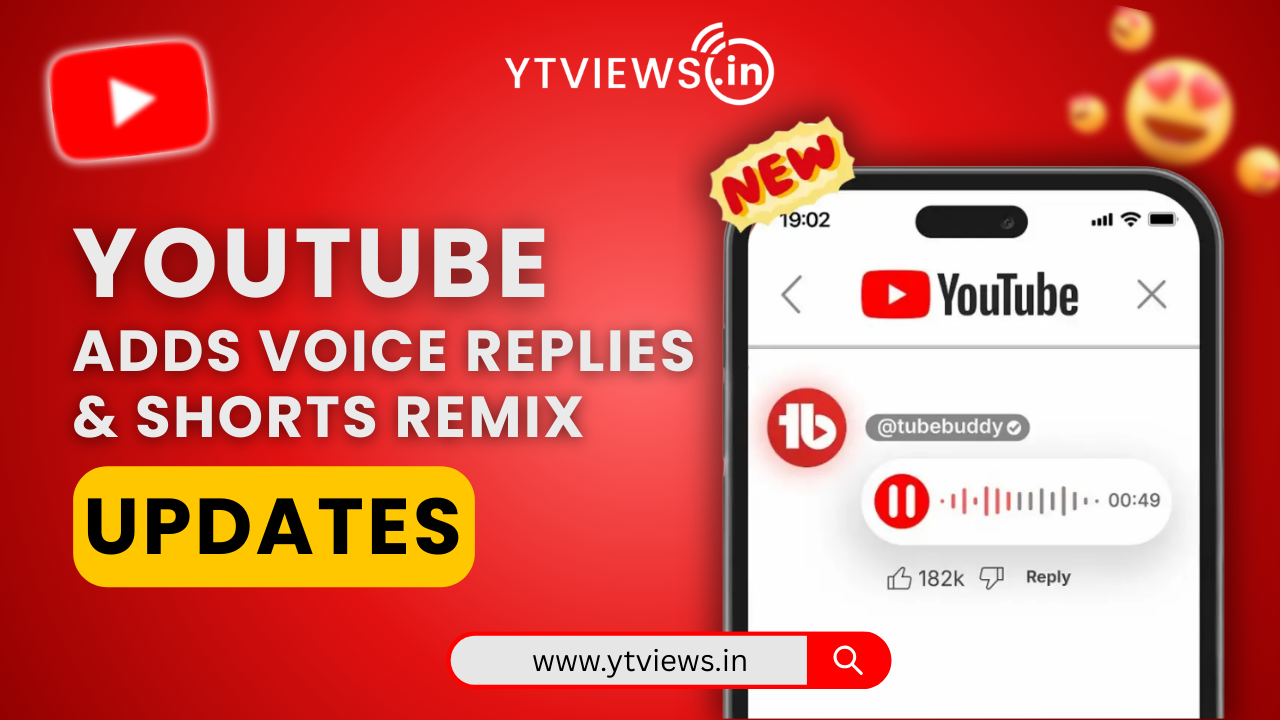
YouTube Adds Voice Replies & Shorts Remix Updates
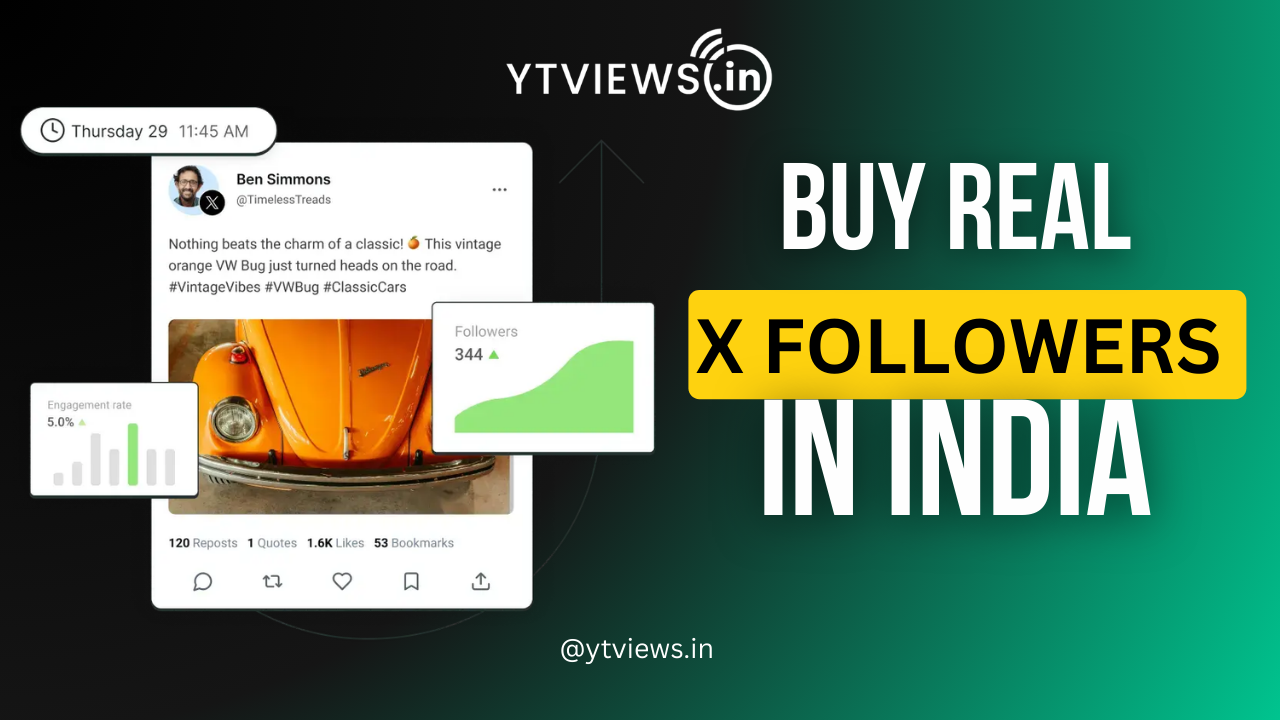
Buy Real X Followers in India for Safe Profile Growth

Ytviews.in Threads Followers Growth Strategy Guide

How to earn money from Instagram reels in 2026
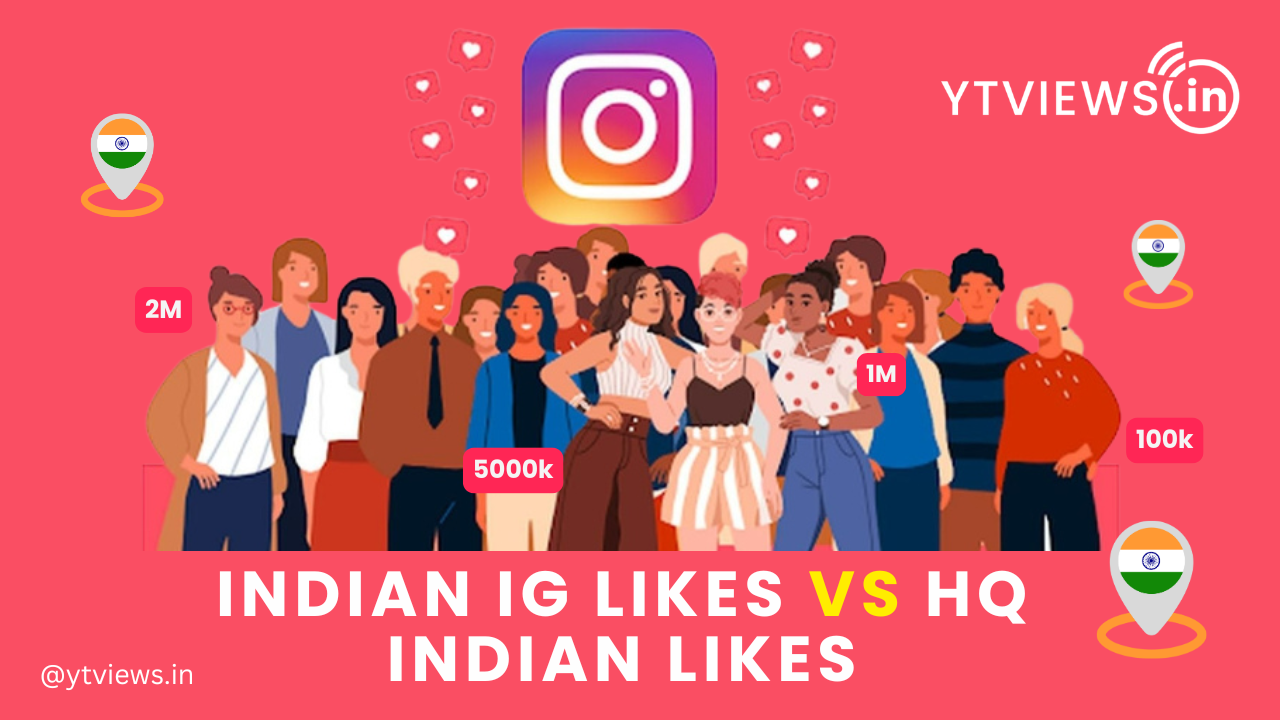
Indian IG Likes vs HQ Indian Likes: What’s the Difference
